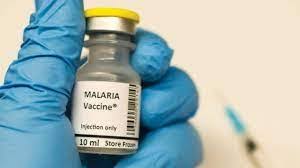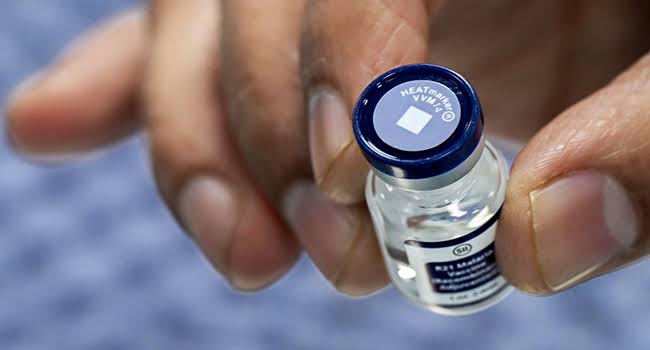In a major breakthrough for global health, Ivory Coast has become the second country in Africa to introduce a routine malaria vaccination program. This exciting development marks a significant milestone in the fight against this deadly disease, which disproportionately affects young children.
The newly launched vaccine, developed by the University of Oxford and the Serum Institute of India, is known as R21. This comes just six months after the rollout of the first WHO-approved malaria vaccine, RTS,S, in Cameroon. Both vaccines represent crucial additions to the existing arsenal against malaria, which traditionally relies on bed nets and other prevention methods.

While the introduction of a second vaccine is a cause for celebration, experts warn that demand is likely to exceed supply for several years to come. This presents a shared challenge for vaccine manufacturers and global health organizations like Gavi, who are working tirelessly to ensure widespread access.
Malaria remains a significant public health threat, particularly in Africa, where it claims the lives of nearly half a million children under five each year. Both R21 and RTS,S vaccines aim to provide additional protection alongside existing tools, offering a much-needed shield for vulnerable populations.
The Serum Institute of India, responsible for manufacturing the R21 vaccine, has pledged to ramp up production to meet the expected demand. Their commitment to offering the vaccine at a price point below $4 per dose ensures affordability and accessibility for resource-limited settings.
Experts acknowledge the difficulty in directly comparing the two vaccines due to variations in trial methods. However, both R21 and RTS,S demonstrate similar effectiveness, providing valuable options for malaria control programs. This combined approach, along with continued research, offers a brighter future in the fight against this devastating disease.

















